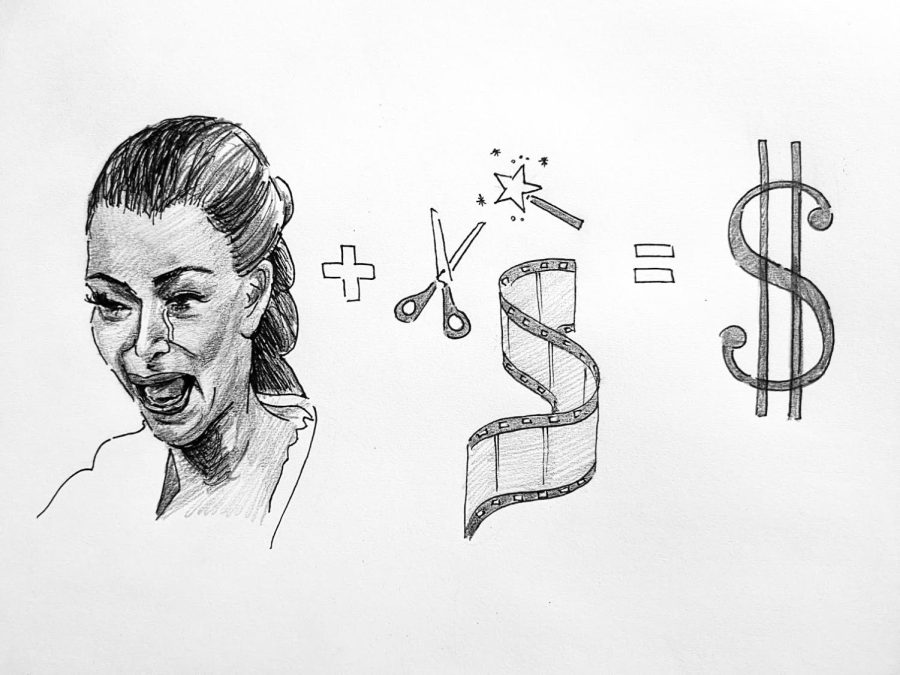The Magic Behind Reality
September 13, 2022
Many Linfield students are avid reality TV watchers to shows like The Bachelor, Survivor, and The Kardashians. However, most people don’t actually know what goes into the making of a reality TV show, let alone what makes them so successful. Fortunately, I sat down with a real Hollywood insider in order to get the full scoop.
The biggest question most reality viewers ask is: Is reality TV fake? The answer is… kind of? “The magic of reality [TV] is the editing,” says Keagan Simmons, a Production Assistant who has worked on numerous reality shows including Top Chef: Portland and Pooch Perfect. When watching a dating show like the Bachelor, every frame is real. Meaning that every line, action and reaction is genuinely in the moment. The magic takes place within the editing process, which is what ultimately decides what content gets included and what gets left out. Reality TV is entirely controlled by the editors.
“Some of the most masterful editors are in reality television,” Simmons says. Think about it: A typical episode of The Bachelor is an hour long with commercials, and each season has around 12 episodes each. Meanwhile, the show itself is filmed over a period of 40 days, with simultaneously filming of b-roll and interviews. The editors then have to sift through days of footage just to create different plot lines that are both compelling and move the story forward.
“The amount of footage they have to take in, the amount of story lines that they have to balance, and to make it seem like it is all hours and hours and sometimes days apart from each other takes an artistic level of skill to craft,” explains Simmons. Skepticism while watching your favorite reality shows is a must. Know that scenes have been chopped, cut and placed to create that perfect sense of reality drama we have grown to love.
Another question people tend to ask about reality TV is: Why is it so successful? The quick answer is that reality TV makes a whole lot of money. “Reality shows are very, very low risk with a very high potential for reward,” explains Simmons. Unlike scripted television shows, there is less planning that goes into the filming. This is due to the fact that most of the work goes into the editing of the footage obtained, instead of scripting out an entire season.
“There are [reality] shows that will shoot three seasons at a time, edit, edit, edit the first one, send it out, then backlog the next two,” says Simmons. If an executive for a network or streaming platform was to look at reality TV from a purely business standpoint, it would make perfect sense to focus solely on producing reality shows. There is no expensive CGI or highly sought after actors, and best yet, they can film and produce them in bulk. While this kind of production does have both positive and negative effects on streaming, you are in luck if you love reality TV as there will always be an abundance of new reality shows coming your way.

